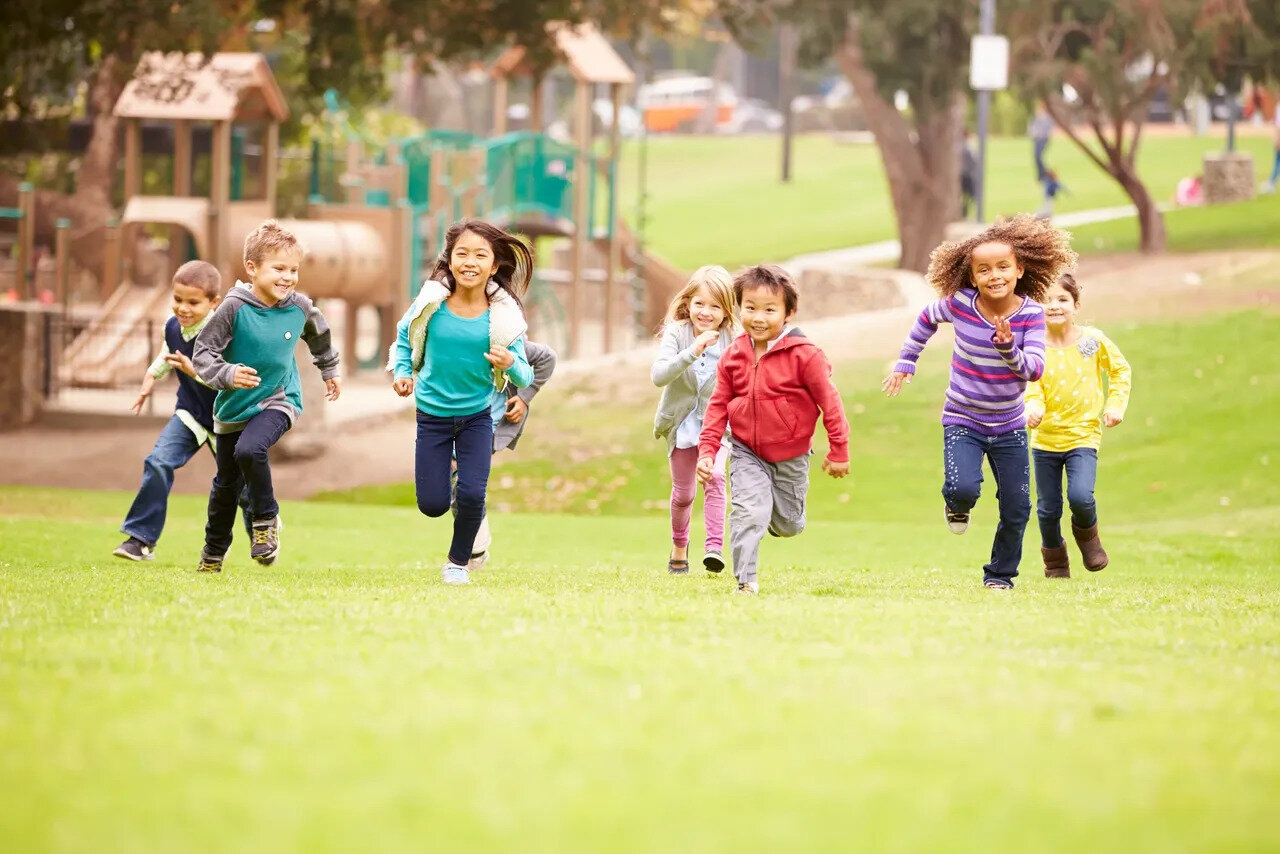Kiddo Transitions: The Power of Self-Discipline
Does your child struggle with transitions? It's common for kiddos to be anxious about change. Transitions can be as life-changing as moving to a new town, as subtle as getting your kiddo on the bus or unplugging from the internet at bedtime. There is a delicate balance to ensure that 1) the child is safe, 2) the goal is achieved, and 3) you don't lose your sanity in the process!
Let's look at self-discipline from an adult lens. Adults also struggle with consistency when things get hard (My hand is raised. How about yours?). It's human nature to avoid pain. It's literally in our DNA. Think about one thing that you struggle to do consistently, and then think about how you can go about it differently (for an upcoming blog).
Have you had a late night or difficulty getting the kiddos to sleep, just to turn around and wake them up at 6:30 a.m. for school or a soccer tournament? What did you do? I suspect you hit snooze on your phone 2-3 times and then peeled yourself out of bed to get them out of the house just in time. Although it’s not physical pain, it can feel excruciatingly brutal, especially before the morning coffee.
Now, shift to a child's perspective and imagine how hard it can be for them. Self-discipline, aka accountability, is about helping children understand the importance of doing what's right, even when it's hard. With support, patience, and acknowledgment, they can navigate change effectively, learn self-regulation, and, most importantly,. experience emotional growth.
Here are 10 quick tips to help kiddos with transitions:
Open Communication: Initiate conversations about the upcoming change. Allow your child to express their feelings and concerns. Listen actively and validate their emotions.
Prepare in Advance: Give your child a heads-up about the transition. For example, If you leave the park, give them ample warning and remind them every few minutes to let them process the information. Parent Hack that I learned with a group of amazing parents: Make leaving a group effort. When parents are on the same page, and all vocalize that it's time to leave, it's almost magical how the kiddos listen. 2 takeaways: Strategies are priceless; It takes a village.
Create a Routine: Children find comfort in routines and crave stability. Despite a change, keep some parts of their daily routine consistent. This provides a sense of stability.
Involve Them in the Process: Make them feel a part of the change. For example, let them choose the colors or decorations if you're redecorating their room. If they are starting school, let them choose their outfits. Empowering your kiddos improves self-esteem and skyrockets confidence.
Stay Positive: Children often take cues from their parents. If you approach the change with a positive attitude, it can help ease their anxiety. Patience goes a long way.
Use Visual Aids: For younger children, storybooks (Like "Oh, Maya!" )or visual schedules about transitions (like starting school) can be beneficial. It helps them understand what to expect.
Get Your "Oh Maya!" Book Here
Acknowledgement: Remind your child that feeling uncertain or scared about changes and having big feelings is normal, and that you will support them every step of the way.
Stay Connected: If the transition involves leaving behind friends or family, help your child stay connected with them. This could be through scheduled video calls or writing letters.
Seek Professional Help: If your child struggles with a transition, consider seeking help from a counselor or therapist specializing in child psychology.
Celebrate Small Wins: In my book, every step your child takes to adapt to a change is a win. Celebrate these moments, no matter how small, to boost their confidence.
Every child is different, and what works for one might not work for another. It's essential to be patient and flexible, adjusting your approach based on your child's needs.
Remember, we are only human, so giving your child a break is sometimes okay and necessary. While you are being an extraordinary caregiver, also be kind to yourself. You don't need to boil the ocean. Try one tactic at a time, and adapt as needed. By the way, on those days when you don't need to peel yourself out of bed, disable the snooze and recharge. You need to be at your best, so get the rest you need. You deserve it.



